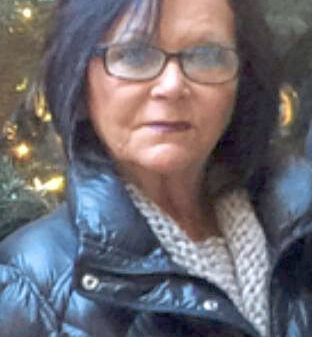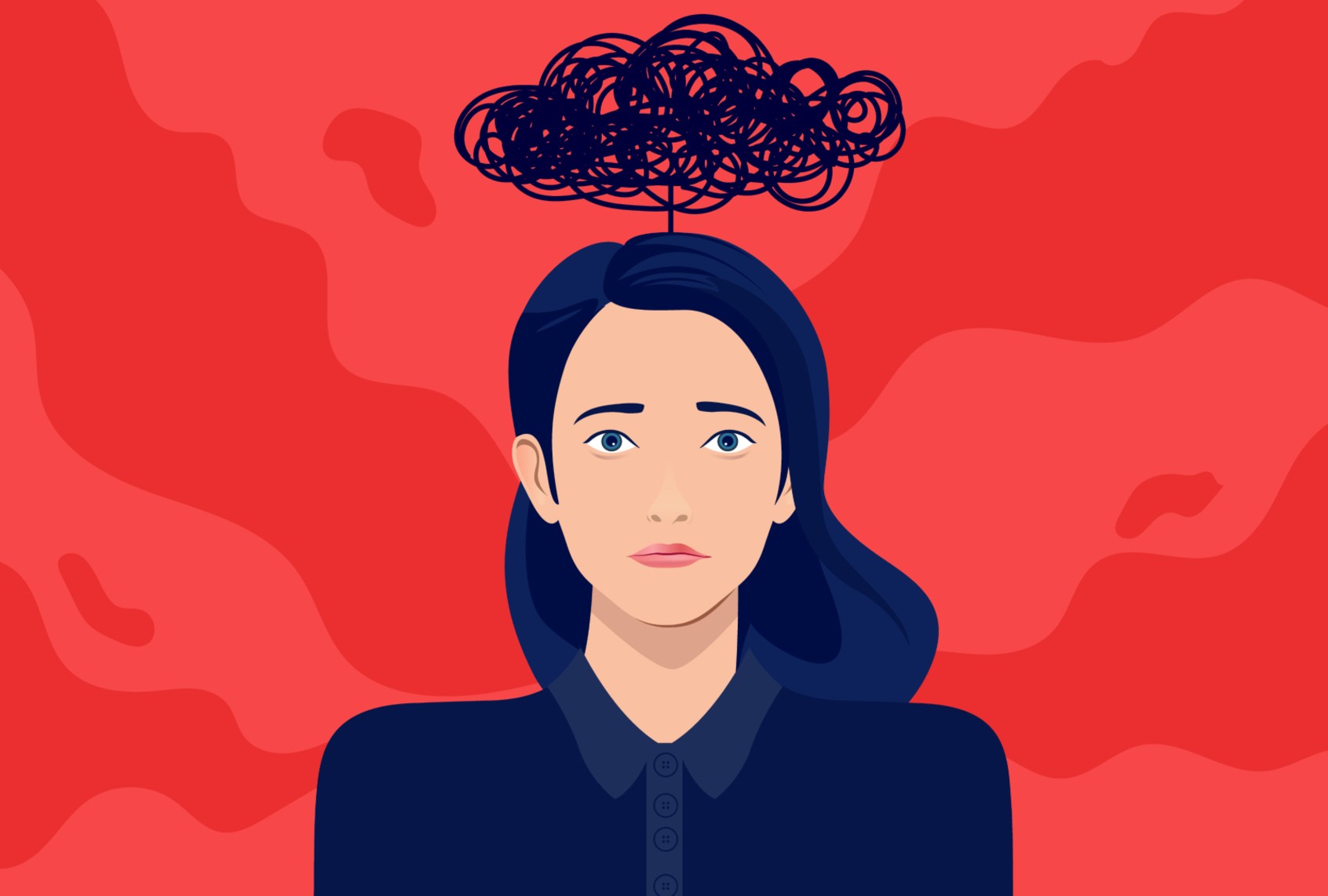As women of Generation X navigate the complexities of middle age, many are grappling with the dual challenges of neurodivergence and menopause. These overlapping issues often go unaddressed, leaving many feeling overwhelmed and confused. A recent personal account highlights these struggles, illustrating how societal stigma and a lack of medical understanding complicate the experiences of women in this age group.
A woman, who began therapy at the end of 2022, described her declining executive function—critical mental processes like organization and focus. Diagnosed with ADD in her mid-40s and facing the onset of menopause, she cited significant life stressors, including the death of her ex-husband and raising a grieving teenager. These factors contributed to a sense that her cognitive abilities were deteriorating, a sentiment echoed by many women in similar situations.
The experience of this woman reflects a broader trend among Gen X women, who often feel their mental health challenges are compounded by societal expectations. According to Dr. Mache Seibel, a physician and menopause coach, the hormonal fluctuations associated with perimenopause can exacerbate symptoms of ADD. “Estrogen is really important for maintaining neuropeptides like dopamine and serotonin,” he noted. As these hormone levels drop, women may experience increased cognitive challenges that resemble ADD symptoms.
Dr. Julie Holland, author of “Moody Bitches,” adds that many women report feeling foggier and less able to multitask during menopause. Some who undergo hormone replacement therapy (HRT) describe a significant improvement in their cognitive clarity. “For 90 to 95% of women, it’s going to be fine,” Seibel remarked, referencing the positive outcomes many experience after starting HRT.
Despite the potential benefits of HRT, the medical community has historically overlooked menopause as a critical area of study. A 2019 report from the Mayo Clinic revealed that 58% of medical residents received only a single lecture on menopause during their training. Dr. Stephanie S. Faubion, Director of the Mayo Clinic’s Center for Women’s Health, emphasized the need for greater awareness, stating that without recognition of menopause as a health concern, it remains marginalized in medical education.
Frustration among women experiencing these challenges is palpable. One woman, referred to as Donna, recounted her experience with her primary-care physician, who attributed her symptoms to anxiety without considering perimenopause. “I wanted to say, ‘You’re a woman! Maybe you should care a little more?'” she expressed.
The absence of adequate research funding for menopause-related studies contrasts starkly with the investment in products aimed at maintaining youthful appearances. Heather Corinna, a sexual-health activist, described menopause as “a f**king goldmine,” highlighting the emergence of menopause-focused start-ups and boutique healthcare initiatives. These organizations are stepping in where traditional research has lagged.
Cultural narratives surrounding menopause are also evolving. Influencers like Melani Sanders, who founded the We Do Not Care Club, are challenging conventional standards of beauty and expectations for women in midlife. Sanders’ platform encourages women to embrace authenticity and self-acceptance, resonating with a growing audience of 1.8 million followers on Instagram.
As Gen X women navigate the complexities of aging, they are confronted with societal and personal pressures. Dr. Holland noted the emotional toll of current events, stating, “There’s fear about what’s happening in the government, but there’s also sadness about what’s happening to the planet.” This demographic, often responsible for caregiving while managing their own health issues, feels the weight of multiple responsibilities.
In summary, the intertwining challenges of neurodivergence and menopause require greater understanding and attention. Women of Generation X are increasingly vocal about their experiences, breaking the silence that has long surrounded these issues. As more women share their stories and seek support, the conversation around menopause and mental health is likely to expand, fostering a more informed and empathetic society.








































































